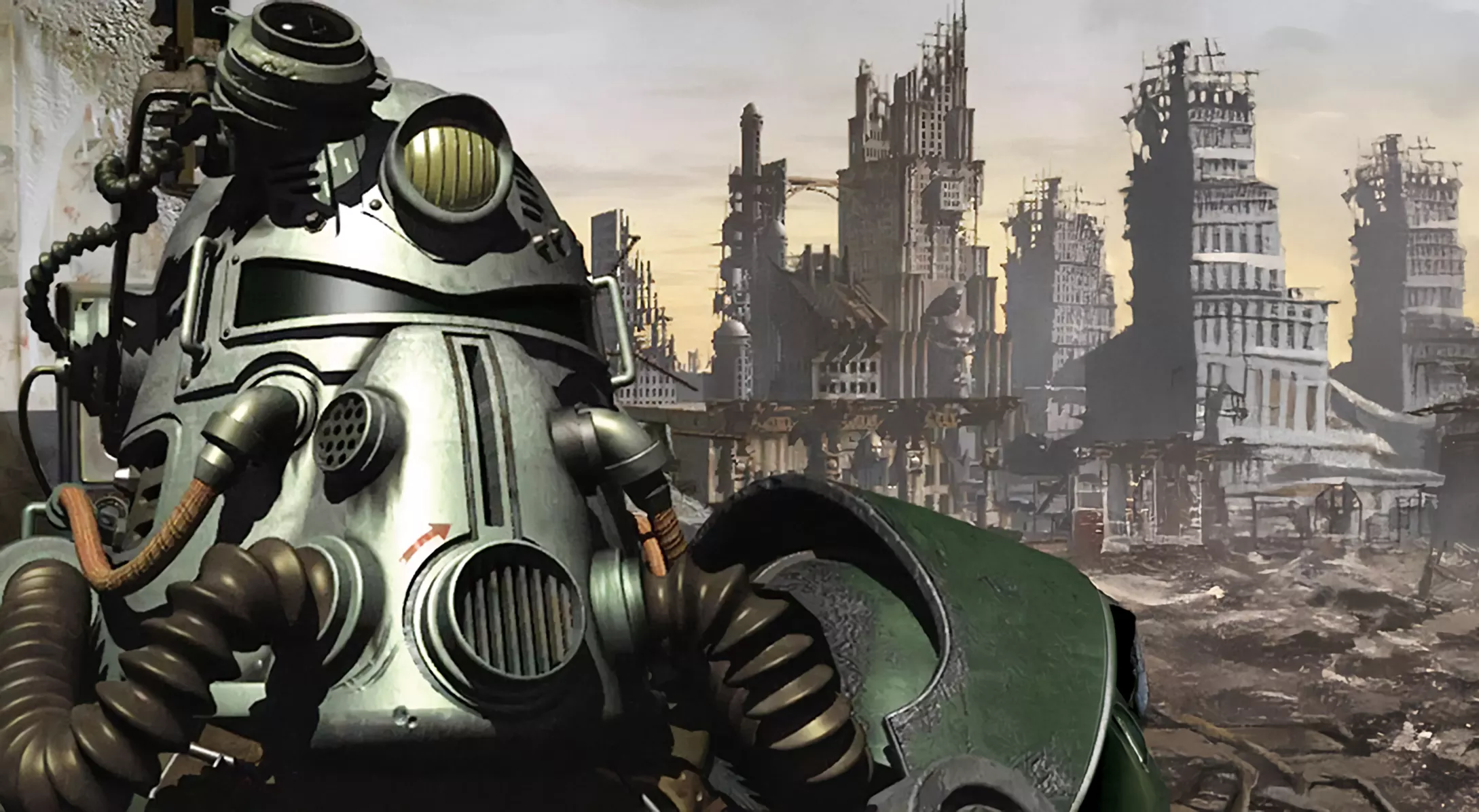Whew: A week after Fallout co-creator Tim Cain revealed that Interplay had ordered him to destroy the source code for the game and its sequel in the late 1990s, new information has surfaced showing that the code survived. One of the company's co-founders quietly preserved it decades ago, safeguarding an important piece of gaming history.
Rebecca Heineman, a veteran programmer and co-founder of Interplay, told VideoGamer that she made personal backups of Fallout and Fallout 2 while working on Mac ports of the games. Her habit of creating archival CD-ROMs stemmed from an earlier failed attempt to recover the source code for Wasteland – the 1988 Interplay pre-cursor to Fallout – which taught her the importance of preservation. This early lesson in safeguarding digital history became a driving force behind her decision to keep backups of all her work, ensuring that nothing of value would be lost.
"I made it a quest to snapshot everything I worked on just in case this very situation happened," Heineman said. "When I left Interplay in 1995, I had copies of every game we did. No exceptions. When I did MacPlay, which existed beyond my tenure at Interplay, every game we ported, I snapshotted. It included Fallout 1 and 2."
Heineman said she still possesses the source code and other development materials for multiple Interplay titles, including the Fallout games. She's now considering asking Bethesda – the current rights holder to the series – for permission to release the code publicly. Until that happens, the files remain securely stored in her archive, away from public eyes but not forgotten.
"I have a literal vault of source code, going all the way back to the early '80s," she said.
The revelation contrasts sharply with Tim Cain's earlier account. In a recent video, Cain revealed that when he left Interplay in 1998, the company had instructed him to delete all Fallout-related content, including design documents and source code. Years later, Interplay itself reached out to Cain because it had lost the code in the shuffle – an unfortunate mistake that has long been a source of regret for the company.
As far as Cain knew, the loss was permanent. He recalled Interplay contacting other former team members after misplacing its archives, only to come up empty. The company seemingly failed to ask Heineman, who wasn't part of the core PC development team. So when she heard Cain's story last week, she came forward with a surprise revelation: the code had never been lost after all. She still had it.
The discovery that Fallout's original code was never truly gone highlights how individual efforts often fill the gaps left by studios and publishers. If Bethesda approves a release, it could offer unprecedented insight into the development of one of the most iconic role-playing games of the 1990s – and could even become a rare win for video game preservation, a field often overshadowed by commercial interests.
